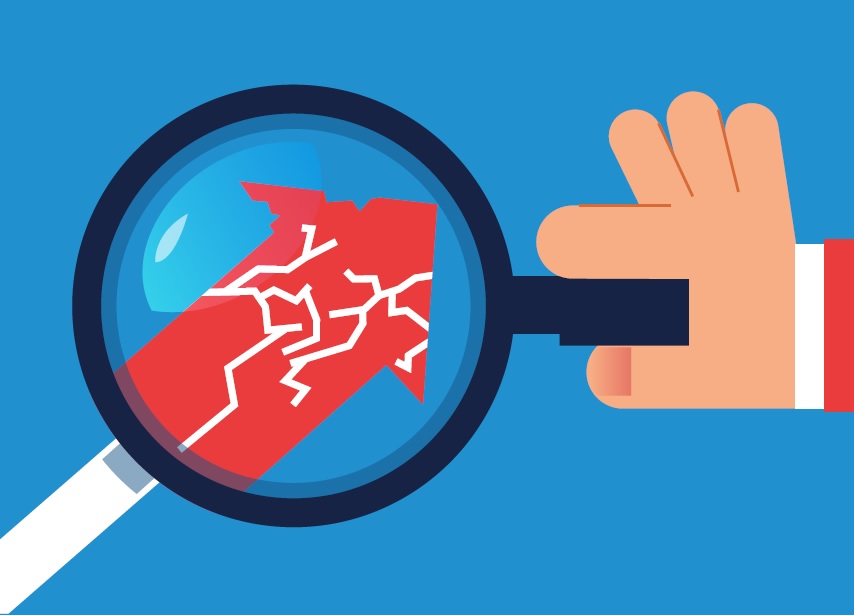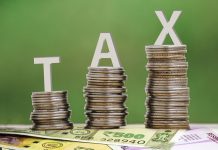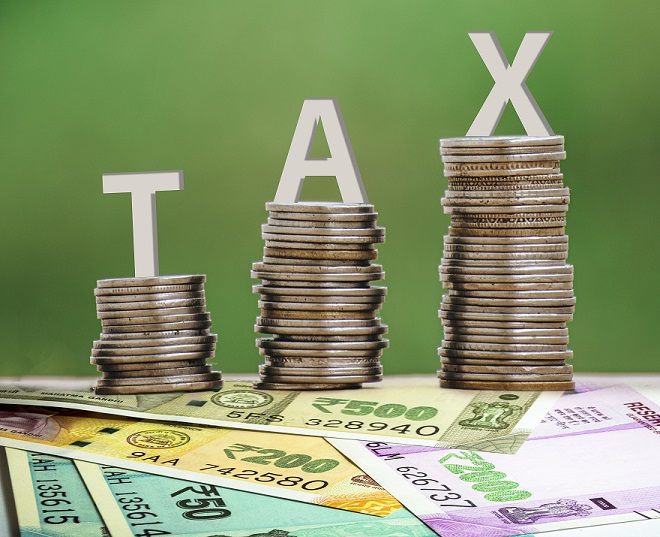 GDP growth rate slipping to 4.5 percent for Q2FY20 didn’t come as a surprise. The market had factored in that the growth rate for the second quarter would fall below 5 percent. The growth rate at 4.5 percent is the lowest in the last 26 quarters. Barring Government Final Expenditure (GFCE), the performance of all other components of GDP was dismal even in the second quarter of FY20.
GDP growth rate slipping to 4.5 percent for Q2FY20 didn’t come as a surprise. The market had factored in that the growth rate for the second quarter would fall below 5 percent. The growth rate at 4.5 percent is the lowest in the last 26 quarters. Barring Government Final Expenditure (GFCE), the performance of all other components of GDP was dismal even in the second quarter of FY20.
Private Final Consumption Expenditure (PFCE), a proxy indicator for consumption demand declined to 5.06 percent in Q2FY20 from 9.79 percent a year ago. However, compared to 3.14 percent in the first quarter of FY20, PFCE has registered an improvement in the second quarter. Gross Fixed Capital Formation (GFCF), a proxy indicator for investment demand registered a growth rate of 1 percent in Q2FY20, compared to 11.82 percent a year ago. In Q1FY20, GFCF stood at 4.04 percent. The only component that marked improvement was GFCE at a growth rate of 15.64 percent from 10.87 percent a year ago.
Similarly, Gross Value Added (GVA) declined to 4.36 from 6.86 percent a year ago. If we consider GVA by economic activity, the steepest decline is registered by industry at 0.52 percent. Agriculture registered a YoY growth rate of 2.08 percent, and services at 6.8 percent. Within the industry, manufacturing sector registered a negative growth rate of 1.05 percent in Q2FY20.
The question is whether growth has bottomed out, and will there be an upturn from the next quarter onwards? However, the output growth of eight core industries for October is an indication that the worst is not yet over for the economy. The output of eight core industries registered negative growth rate of 5.8 percent in October, compared to -5.2 percent in September. Similarly, retail and wholesale core inflation are still at the lower level. The retail core inflation was reported at 3.46 percent in October and wholesale core inflation at -1.6 percent. The figures reflect tepid demand condition in the economy.
The situation calls for more measures to arrest the slowdown in the economy. In the first place, there is a need to revive consumption demand in the economy. Increasing government expenditure cannot be the only ingredient to save the economy. With regard to investment, government has initiated measures such as corporate tax cut to revive animal spirits. However, more is needed in this regard, with a focus on reforms in land and labor.









